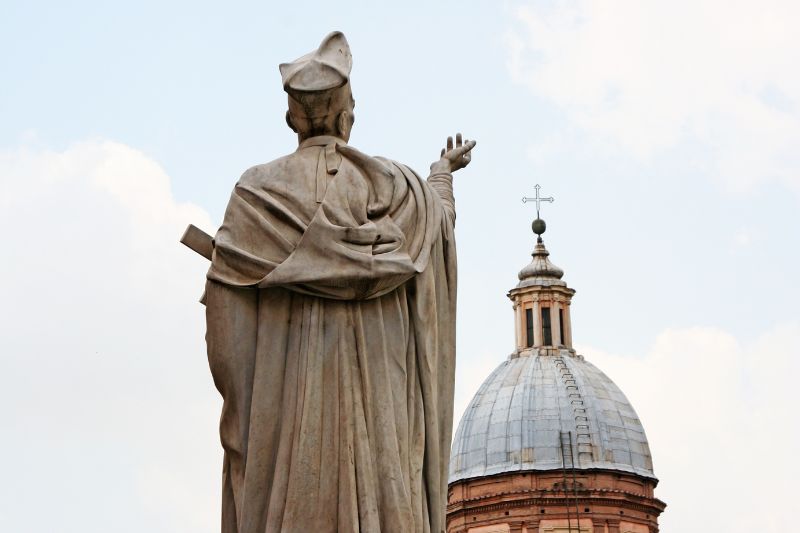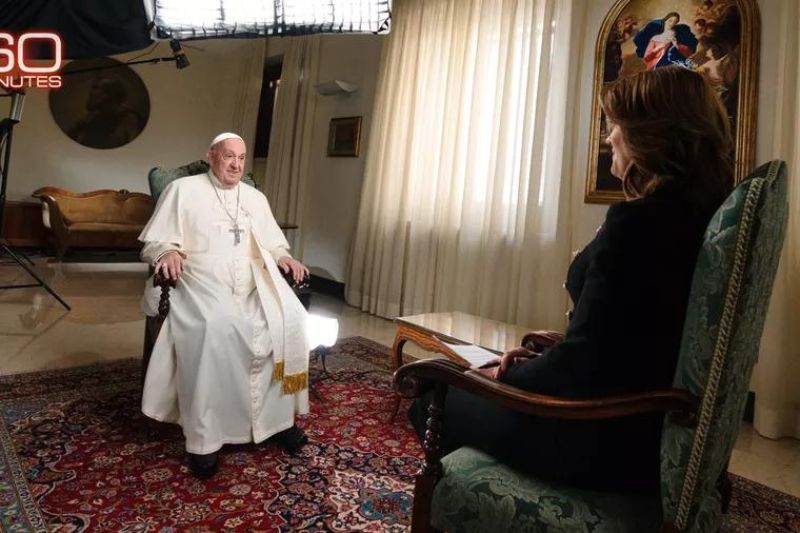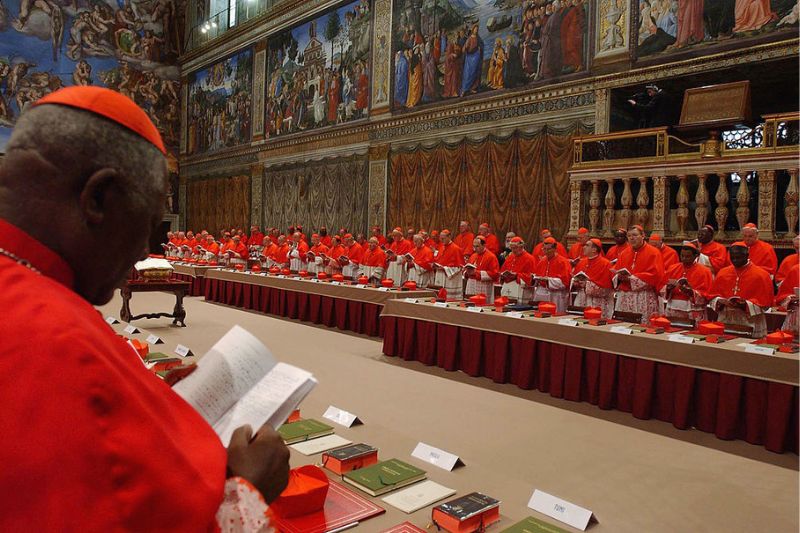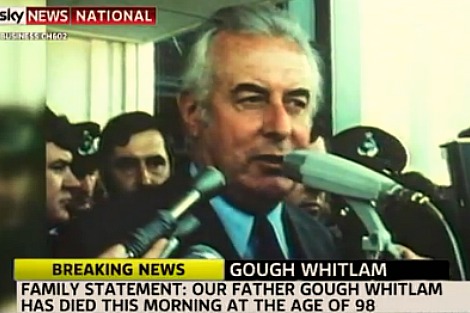Keywords: Supreme Pontiff
-

RELIGION
The recent Vatican instruction terminating the celebration of the Tridentine Mass in St Patrick’s Cathedral is a prime example of Vatican officialdom overriding local episcopal authority. Let us hope that in a more decentralized Church some traditional obstacles to ecumenism may be removed without respective ecclesiastical loss of face on the part of the contributing Churches.
READ MORE
-

RELIGION
In a 60 Minutes interview, Pope Francis was asked whether there would ever be the prospect within the Catholic Church of a woman being ordained as a deacon. The Pope’s reply was a blunt ‘No’. This negative response came as a surprise to many Vatican watchers.
READ MORE
-

RELIGION
- Miles Pattenden
- 06 September 2023
4 Comments
In a recent interview, Professor of Church History and conclave expert Alberto Melloni passionately argued that the current conclave system, shrouded in secrecy and absent of clear criteria, might be outdated. With the Catholic Church facing unprecedented scrutiny, and in light of reforms initiated by Pope Francis, is it time for the Vatican to reconsider how its supreme pontiff is chosen?
READ MORE
-

RELIGION
- Frank Brennan
- 07 March 2016
'On his last two visits to Latin America, Pope Francis has focused on past and present relationships between indigenous peoples and their colonisers. This Jubilee Year of Mercy perhaps it could be a blessed moment for Aboriginal Australians and descendants of their colonisers to walk together through the Door of Mercy at the St Francis Xavier Cathedral, calling to mind the sins and endeavours of the past, the achievements and commitments of the present, and the hopes and aspirations of the future.' Fr Frank Brennan SJ, Lenten Talk, Norwood Parish, 3 March 2016
READ MORE
-

RELIGION
- Frank Brennan
- 09 December 2015
2 Comments
'I joined the Jesuits in 1975 just as the previous 32nd General Congregation (GC32) was concluding. Pedro Arrupe was at the height of his powers. That Congregation asked the question: 'What is it to be a companion of Jesus today?' and answered unequivocally, 'It is to engage, under the standard of the Cross, in the crucial struggle of our time: the struggle for faith and that struggle for justice which it includes.' I have always regarded myself as a GC32 Jesuit. Many of those who gathered for GC33 thought that the GC32 mission was a little too one-dimensional. I suspect Bergoglio was one of those.' Frank Brennan on the eve of the Catholic Church's Jubilee Year of Mercy.
READ MORE
-

AUSTRALIA
- Frank Brennan
- 22 October 2014
44 Comments
What he did for me, he did for countless other Australians who dreamt of a better world and a nobler Australia. Even his political opponents are forever in his debt for having elevated the national vision and for having given us a more complete and generous image of ourselves.
READ MORE 
-

INFORMATION
- Andrew McAlister
- 05 February 2009
During Vatican II, which was first called 30 years ago last month, the pastoral leadership of the church attempted to bring Roman Catholicism into the 20th century. Why did the notion of a supreme Pontiff survive?
READ MORE
-

RELIGION
- Frank Brennan
- 24 June 2008
READ MORE